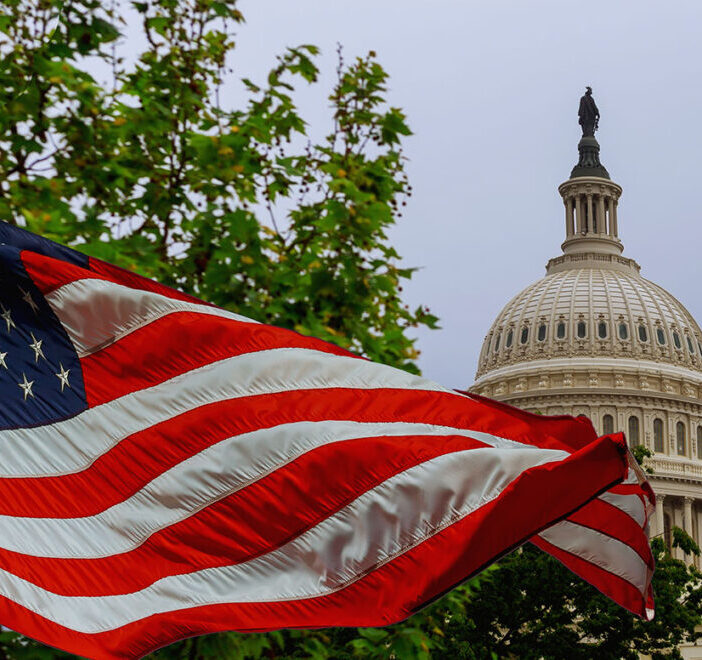On October 12, the Department of Homeland Security (DHS) announced actions to reduce the number of people arriving at the U.S. Southwest border, and create a more orderly and safe process for people fleeing the humanitarian and economic crisis in Venezuela. Individual businesses, including LeadingAge members, could ultimately provide support for Venezuelans arriving through this process, and provide employment opportunities.
The new migration enforcement process authorizes 24,000 Venezuelan nationals and their immediate family members with a lawful pathway for traveling safely to the United States and to help them to become eligible to work here. Access to this process provides advance authorization to travel and a temporary period of parole for up to 2 years for urgent humanitarian reasons.
This effort is intended to enhance border security by reducing the number of Venezuelans seeking to illegally enter the United States. It is derived from the success of the Uniting for Ukraine (U4U) program, which decreased flows at the border by creating an orderly process for the entry of Ukrainians fleeing Russia’s invasion of Ukraine. To be eligible, Venezuelans must:
- Have an individual, a group of individuals, or a representative of an organization in the United States who will provide financial and other support;
- Pass rigorous biometric and biographic national security and public safety screening and vetting; and
- Complete vaccinations and other public health requirements.
The U.S. Citizenship and Immigration Services (USCIS), “Process for Venezuelans” guidance outlines the application process for a supporter and the beneficiary. The guidance states, “to serve as a supporter, an individual or individual representing an entity must U-must prove that they have the means to provide financial and other support. Potential supporters can apply to DHS to support individual eligible Venezuelans via www.uscis.gov/Venezuela. Individuals and representatives of organizations seeking to apply as a supporter must declare the organization’s financial support and they must pass security background checks to protect against exploitation and abuse.
The USCIS online application guidance provides examples of the types of support for beneficiaries that supporters should keep in mind when considering their ability to meet this commitment, to include: receiving the beneficiary upon arrival in the United States and transporting them to initial housing; ensuring that the beneficiary has safe and appropriate housing for the duration of their parole and initial basic necessities; ensuring that the beneficiary’s health care and medical needs are met for the duration of the parole; and as appropriate, assisting the beneficiary with accessing education, learning English, securing employment and enrolling children in school. Multiple supporters may join together to support a beneficiary. More information on how supporters can become eligible for this process is available at www.uscis.gov/Venezuela.
LeadingAge participated in a USCIS briefing regarding the program, and it was noted that no data is currently available regarding the professional training, experience, qualifications, or job interests of Venezuelans who might be included in this new group. However, if organizations are willing to provide financial support for the duration of their parole in the United States, along with the recommended commitment, this may potentially lead to employment opportunities among these individuals who generally will be paroled into the United States for a period of up to two years to hire one of these individuals.

 Shutdown Week Three: Impact of Ongoing Closure on Affordable Housing
Shutdown Week Three: Impact of Ongoing Closure on Affordable Housing


